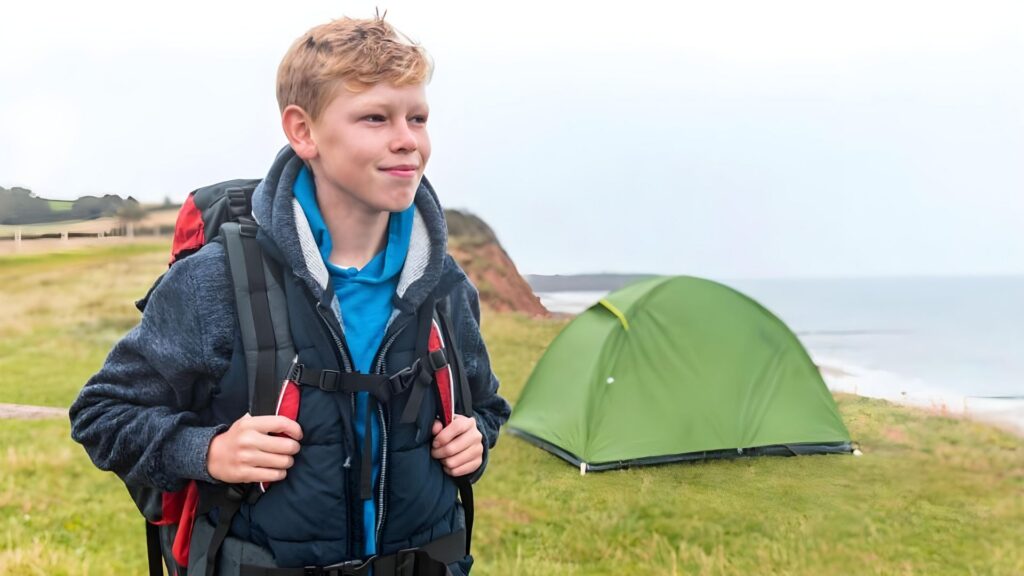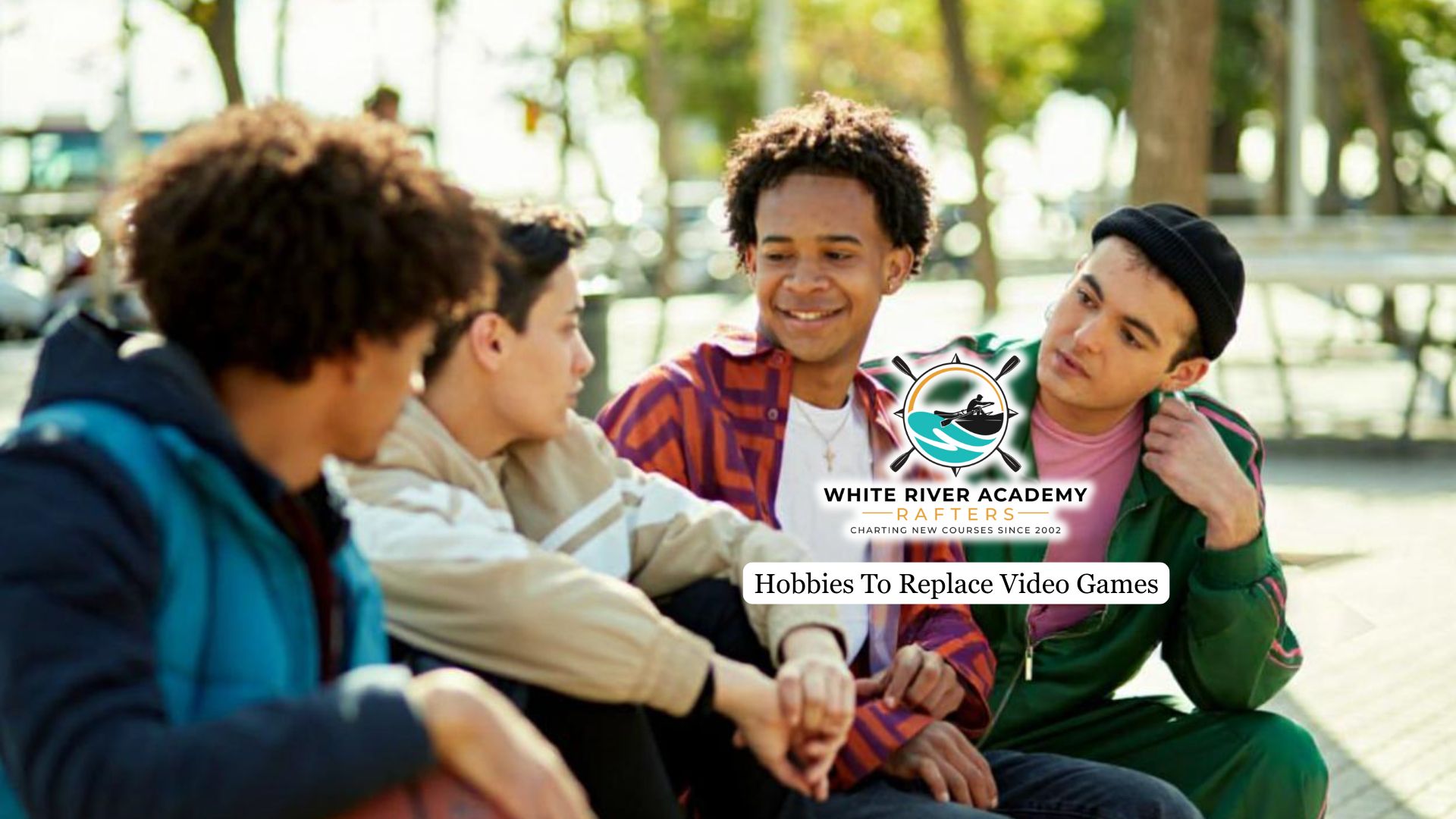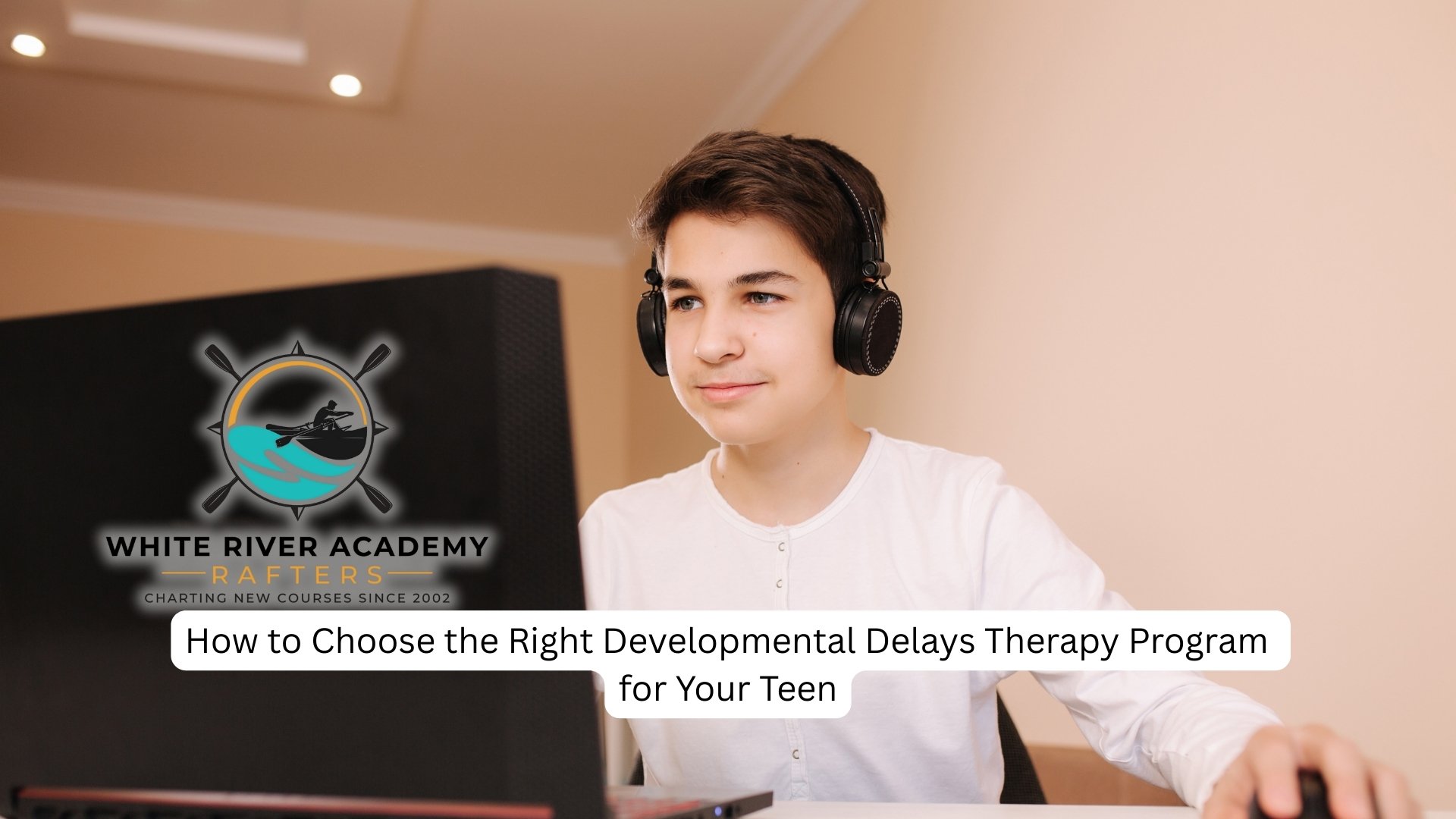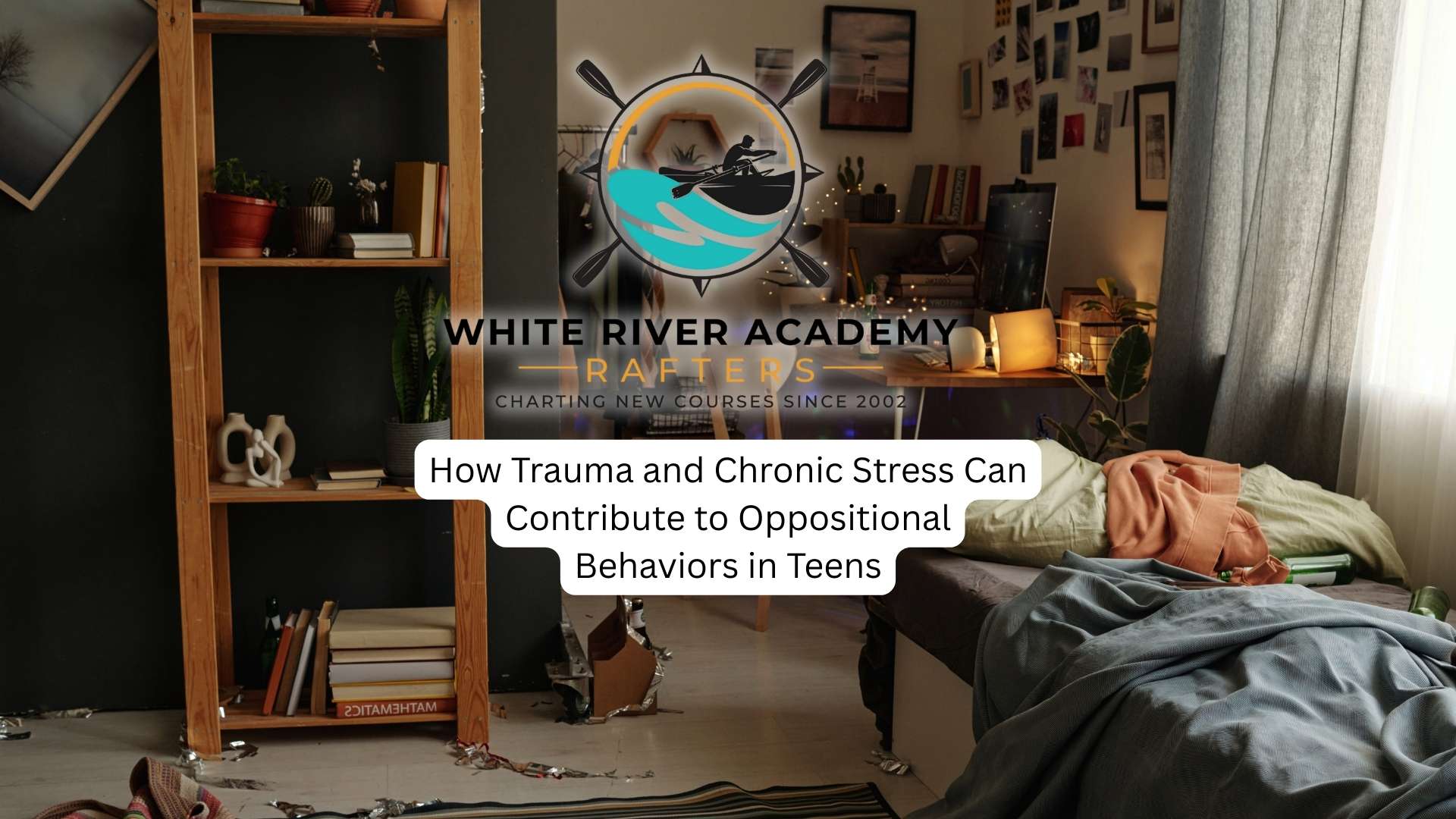In today’s digital age, video games have become a popular pastime for many adolescent boys, offering immersive worlds and exciting challenges. However, spending excessive time gaming can sometimes lead to decreased physical activity, social isolation, or even burnout. If you are looking to diversify your son’s interests or find healthier, more rewarding ways to spend his free time, exploring new hobbies can be a fantastic solution.
By exploring fresh activities, you can challenge him, meet new people, or discover what else he enjoys. In this article, you will learn about a variety of engaging hobbies that can effectively replace video games for adolescent boys.
Understanding the Need to Replace Video Games
Video games can offer entertainment and cognitive benefits like improved problem-solving, spatial reasoning, and stress relief. However, relying on them too much often leads to neglecting critical areas in your teen’s life. Excessive gaming can interfere with the social development, physical health, and academic performance of adolescents.
As parents, it is essential to understand that gaming addiction can significantly impact your child’s development across multiple domains. Children deeply immersed in video games often exhibit increased aggressive behaviors, social withdrawal, and difficulties in emotional regulation. Prolonged gaming is linked to sleep deprivation, fatigue, and physical health issues.
Signs of gaming addiction in adolescents include excessive preoccupation with gaming, where the youth spends a significant amount of time thinking about, talking about, or planning gaming activities to the exclusion of other interests. This addiction often leads to neglect of responsibilities such as schoolwork, chores, or social obligations, resulting in declining grades and withdrawal from social activities.
Recognizing these signs early can help you address the issue through open communication, setting boundaries, and seeking professional help if necessary. Our gaming addiction treatment for adolescent boys in Utah involves a comprehensive, evidence-based approach aimed at helping individuals regain control over their gaming habits and improve overall well-being.
Criteria for Choosing Replacement Hobbies
When selecting replacement hobbies, consider interests, accessibility, skill development, social interaction, and physical activity. The hobby should be engaging enough to hold your son’s attention, provide him with opportunities for creativity or learning, and encourage him to socialize or engage in physical movement.
First, you want something that truly interests and engages him, otherwise, he will likely lose motivation quickly. Ideally, it should also offer a sense of accomplishment and personal growth.
Choose a hobby that is easy to start and does not require a significant investment—writing, reading, and running are all great examples that demand little more than his time and curiosity.
Look for activities that offer both mental stimulation and a sense of progress or accomplishment. Finding the right fit means he is more likely to stick with your new pursuit.
Intellectual and Creative Hobbies
Board Games and Role-Playing Games (RPGs)
Countless board games and role-playing games (RPGs) offer intellectually rich and creative alternatives to video gaming. When your son delves into board games, he will encounter a range of complex mechanics and themes that require strategic thinking and critical problem-solving.
Role-playing games let him step into imaginative worlds, create memorable characters, and shape stories through his choices. Both hobbies emphasize communication and collaborative storytelling, which help him strengthen social bonds and improve his ability to cooperate with others.
He can also personalize his experience—collecting and customizing his board games or expanding his RPG library adds another layer of creative engagement.
Reading Books and Listening to Podcasts
By dedicating time to reading novels, manga, or light novels, teenage boys can expand their literary horizons and stimulate their imagination. Reading fiction and non-fiction books also broadens their knowledge, vocabulary, and empathy. It also provides a healthy escape and mental stimulation.
Book clubs and online reading communities provide opportunities to discuss favorites, gather recommendations, and form new friendships through shared interests.
Podcasts on topics like science, history, or storytelling can engage your teens during commutes or downtime, offering learning in an accessible format. It can sharpen their critical thinking and broaden their perspective simply by listening.
Learning to Code and 3D Modeling
For tech-savvy teens, learning programming or 3D modeling merges creativity with logic. Coding teaches problem-solving and opens career pathways. Your son can dive into languages like JavaScript or Lua, create web-based games, or experiment with visual tools such as Unreal Engine Blueprints.
Meanwhile, 3D modeling develops his spatial awareness and design skills. 3D modeling, using software like Autodesk Maya, empowers him to design detailed objects, characters, and complex environments—skills that are valuable in fields ranging from concept art to game development.
Both can be pursued through online courses and project-based learning, offering a productive alternative to screen time.
Physical and Outdoor Activities
Physical activity is essential for maintaining good health and mental well-being. Outdoor hobbies offer adventure, fitness, and social opportunities.

Martial Arts and Self-Defense
Although video games offer a sense of challenge and achievement, martial arts and self-defense training deliver those rewards in the real world while strengthening your teen’s body and mind. When he practices martial arts such as karate, judo, jiu-jitsu, or taekwondo, he improves his physical fitness, discipline, and self-defense skills through focused drills and structured routines.
Regular sparring with partners enables him to test his techniques in a safe setting, thereby boosting his confidence and focus. Training often takes place in a dojo, a dedicated studio that fosters camaraderie and personal growth.
As he advances, you will notice that he will not only gain better reflexes but also a stronger mindset. Martial arts can also encompass elements such as mental training, breathing exercises, and occasionally outdoor skills, all of which contribute to holistic development.
Outdoor Activities: Rock Climbing, Rafting, Hiking
Stepping outside and embracing outdoor activities like rock climbing, whitewater rafting, and hiking can transform his leisure time into an adventure that challenges both his mind and body. Rock climbing, for instance, builds strength and endurance and sharpens his coordination as he navigates routes and reaches new heights.
Whitewater rafting adds a rush of adrenaline, pushing him to work as a team and think on his feet while navigating turbulent waters. Hiking lets him explore the beauty of nature, lowering stress and boosting his mood with every step. These activities encourage him to connect with the environment and foster a strong sense of accomplishment.
Fitness and Strength Training
Embracing weight training not only sharpens his physical health but also reduces stress and elevates his energy levels throughout the day. By setting clear goals at the gym or home, he will cultivate discipline, track his progress, and experience tangible achievements.
If he prefers exercising without equipment, he can try calisthenics. Bodyweight movements, such as push-ups, pull-ups, and squats, help improve flexibility, build functional strength, and enhance mental focus. Integrating these routines into his schedule makes workouts accessible and engaging. Many gyms offer teen-friendly programs, and fitness can become a lifelong habit supporting overall well-being.
Social and Community-Oriented Hobbies
Volunteering and Community Involvement
Volunteering and community involvement allow your teen boy to make a positive impact and develop a sense of purpose.
He can find meaningful social outlets by volunteering at a local animal shelter, where he can offer hands-on help and develop empathy. Joining a neighborhood cleanup crew lets him see the real impact of his actions while enhancing shared public spaces.
Mentoring underprivileged youth through community outreach provides him with an opportunity to inspire others and build lasting relationships. Organizing a food drive or charity fundraiser cultivates a sense of responsibility and strengthens his ties with the community, nurturing both personal growth and collective well-being.
Becoming a Video Game Tutor or Coach
Adolescent boys can channel their passion by becoming video game tutors or coaches. Instead of simply playing games, your son can help others develop their skills and share the techniques he has learned. Platforms like Discord make it easy to connect with new gamers who are eager for guidance and support.
As a coach, he will analyze gameplay, suggest strategies, and help students boost their confidence and performance.
This role fosters responsibility, communication, and leadership while maintaining a constructive connection to gaming.
Creating a YouTube Channel or Streaming
Creating content related to hobbies or interests, such as gaming, can serve as a creative outlet. Teens learn video production, editing, and audience engagement skills.
Your son can interact with viewers in real-time on platforms like Twitch, building connections and forming a genuine community around his interests. Consistent content creation not only sharpens his communication and technical skills but can also lead to opportunities for monetization through ads, sponsorships, or memberships.
Analytical tools help him understand his audience and tailor his videos for greater engagement.
Strategies for Overcoming Excessive Gaming
Replacing video games requires gradual lifestyle changes and support:
- Set clear limits on gaming time and encourage alternative activities.
- Involve teens in choosing new hobbies to ensure genuine interest in them.
- Provide resources and access to clubs, classes, or groups related to new hobbies.
- Encourage social activities that reduce isolation.
- Model balanced screen use as parents or guardians.
- Celebrate achievements in new hobbies to build motivation and confidence.
By exploring a variety of intellectual, creative, physical, and social hobbies, adolescent boys can replace excessive video gaming with fulfilling activities that enhance their development, well-being, and prospects. The key is to find engaging pursuits that resonate personally and provide meaningful growth beyond the screen.
Final Thoughts from White River Academy
Encouraging your teen to try different hobbies can spark new passions and create a healthier, more balanced lifestyle.
At White River Academy, we offer a specialized Video Game Addiction Treatment Program in Utah specifically designed to help adolescent boys struggling with excessive gaming. Our program integrates individual and group therapy, life skills training, and holistic interventions such as outdoor activities and equine therapy to foster healthier habits and emotional balance. We empower teens to regain control over their lives and develop a balanced, fulfilling lifestyle beyond gaming.




